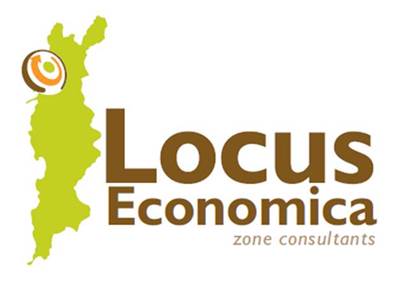North Macedonia
North Macedonia is the 10th best economy in the world for ease of doing business as measured by the 2017 World Bank Doing Business Report. It maintained macroeconomic stability through the global financial crisis through prudent monetary policy. Nevertheless, GDP growth has been sluggish since 2009. The main drivers of growth have been construction (which has been supported by public investments), manufacturing, and wholesale and retail trade.
North Macedonia has actively sought to attract foreign investment, including through an extensive marketing campaign in the world’s leading newspapers, magazines, and TV stations, and through frequent government-led roadshows. North Macedonian legislation places foreign investors on equal footing with their domestic counterparts, and both foreign and domestic investors have equal opportunity to participate in the privatization of remaining state-owned assets.
North Macedonia has developed Technological-Industrial Development Zones (TIDZ) to promote highly productive, clean-manufacturing activities and new technologies. Investors in the TIDZs enjoy strong access to government, personal and corporate income tax exemptions for 10 years, and exemptions from value-added tax and customs duties.
Since Locus Economica’s World Bank intervention, employment in North Macedonian zones has since risen from 0 in 2012 to over 7,000 in 2016. As of 2018, exports from the zones accounting for 35% of Macedonia’s exports, with a further 500 local companies supplying zone exporters. As of December 2018, the zones hosted 18 operational investors. Since then, a further 5 companies have announced investments and 2 opened plants. Germany’s Gerresheimer is expected to create 400 jobs, Switzerland’s Baumer AG’s €9 million investment is projected to generate 350 jobs, and an Albanian company has planned to invest €20 million and to create 300 jobs.


2013, Locus Economica was contracted by the World Bank to assess whether Macedonia's Technological Industrial Development Zones (TIDZ) program was compliant with the country’s European Union and World Bank obligations. Our assessment included recommendations for enhancing not only the program's compliance with international commitments but also its legislative competitiveness. We also helped train civil servants responsible for the program under this contract as seen in this picture.